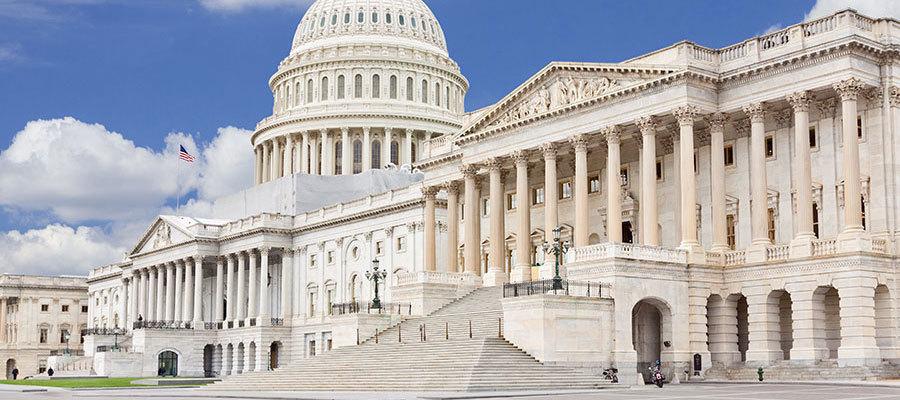House E&C Health Subcommittee advances series of health care bills; AHA submits comments on bills affecting hospitals

The House Energy and Commerce Subcommittee on Health May 17 considered a series of health care bills, including a number focused on provisions that would affect hospitals and health systems. The bills included changes to Medicaid disproportionate share hospital reductions, price transparency, Medicare site-neutral payment, the 340B Drug Pricing Program, and pharmacy benefit management arrangements, among other issues.
In advance of the markup, AHA submitted comments to the Energy and Commerce Committee Health Subcommittee addressing some of the legislative proposals. View the statement for AHA’s detailed comments.
Specifically, AHA expressed support for legislation that would delay for two years payment cuts to Medicaid DSH that are scheduled to begin Oct. 1. Under current statute, the Medicaid DSH cut is $8 billion for each of the next four fiscal years (2024-2027, for a total of $32 billion for all four years). The association also expressed appreciation for the subcommittee making changes to provisions of the hospital price transparency section of the legislation and said it was looking forward to continuing to work on these efforts.
Meanwhile, AHA also expressed opposition to provisions of the legislation that would implement site-neutral payment cuts over four years for the administration of drug services furnished in an off-campus provider-based department. “We are especially concerned that this would result in a major cut for hospital outpatient departments (HOPDs) that provide essential drug administration services, including for vulnerable cancer patients, who may require a higher level of care as they receive their essential treatments,” AHA said.
During the markup, Energy and Commerce Committee Chair Cathy McMorris Rodgers, R-Wash., offered and withdrew an amendment that would enact additional site-neutral payment cuts. “Lowering health care costs is a top priority of mine,” she said. “And I am committed to additional work on these polices with the Ranking Member Pallone and members of this committee to follow up on these important steps we are taking today.”
AHA also expressed opposition to provisions of the legislation that would require mandatory reporting with respect to certain health-related ownership information. “It is overly burdensome — for example, it would require certain hospitals to report every time a physician chooses to take a job elsewhere,” AHA said. “It also is redundant to other reporting.”
The subcommittee advanced a combined bill that included all of the legislative proposals listed above by a vote of 27-0.
In addition, AHA expressed opposition to legislation (H.R. 3290) that would impose onerous transparency requirements on 340B hospitals that will not provide policymakers with meaningful information on the true value of the program to providers and their patients. “The bill would not only add unnecessary cost and burden but also fail to consider the fact that 340B hospitals already report a number of data on how much they invest in resources to benefit the community,” AHA said. The bill was agreed to by the subcommittee with a vote of 16-12.
The full Energy and Commerce Committee is expected to consider the legislation as soon as next week.

